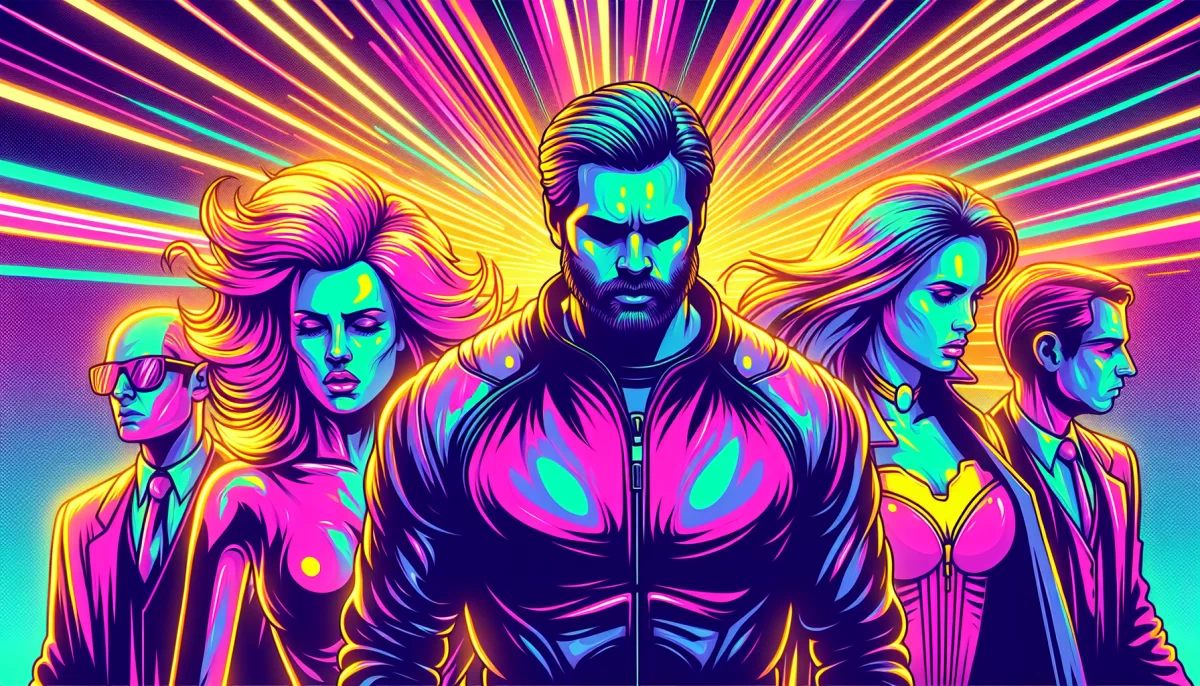
Wonder Man Trailer Explores Superhero Fatigue in the MCU
Marvel Studios’ upcoming Wonder Man streaming series brings a clever, meta approach to the concept of superhero fatigue — a phenomenon many fans and critics have observed in recent years as superhero media saturate the entertainment landscape. The new teaser trailer immerses viewers into the world of the Marvel Cinematic Universe (MCU) through a story centered on a remake of a fictional Wonder Man movie that exists within the MCU itself, highlighting the weariness audiences may feel toward the genre.
What Is Superhero Fatigue?
Superhero fatigue refers to the growing sense of exhaustion or disinterest among audiences due to the overwhelming number of superhero films and TV shows released over a relatively short period. The Marvel franchise, while tremendously successful, is not immune. Studies have shown that with over 30 Marvel Cinematic Universe films and dozens of related shows under its belt, some viewers begin to feel genre overload or diminished excitement. According to a 2023 survey by Statista, 27% of respondents reported feeling overwhelmed by the volume of superhero content available streaming and in theaters.
The Meta Narrative of the Wonder Man Trailer
The Wonder Man trailer cleverly incorporates this fatigue directly into its narrative. The teaser shows excerpts from an original Wonder Man movie within the MCU, complete with the character’s classic, somewhat outdated costume — a striking green and red ’80s style from the comics era. The plot follows a director tasked with remaking this superhero film and facing pointed questions from the press about the decision to revisit such a project amid a crowded superhero market.
- The director expresses intent to revolutionize the superhero genre’s landscape.
- Yahya Abdul-Mateen II portrays Simon Williams (Wonder Man), who is depicted as gaining actual superpowers rather than relying on cinematic special effects.
This meta storytelling reflects broader industry conversations, as creators explore new ways to keep superhero narratives engaging and fresh, addressing audience skepticism and fatigue head-on.
Wonder Man’s Comic Legacy and Its Adaptation
Wonder Man’s origin in Marvel Comics adds additional layers of intrigue to the show’s premise. In the comics, Simon Williams receives ionic energy powers from the villain Baron Zemo, initially created to infiltrate and sabotage the Avengers. However, he ultimately defects to the heroic side, even seemingly dying while aiding their victory. His ability to die and return multiple times due to his ionic energy makes his character uniquely suited to a storyline about persistence — even when the audience may be tired of similar superhero tales.
The show seems poised to explore this duality, with the fictional remake mirroring the real-world challenge of reinventing a superhero property for modern audiences, acknowledging resistance to repetitive narratives while injecting vitality through fresh characterization and storytelling.
Why This Matters in Today’s MCU Landscape
As the MCU moves forward into its next phase, it faces growing competition not only from rival universes like DC but also from its own extensive catalog. The industry is witnessing a wave of series and films that attempt to diversify superhero stories, such as Daredevil: Born Again and the animated Marvel Zombies. Addressing fatigue explicitly, as Wonder Man does, is an innovative way to engage viewers critically and humorously.
Moreover, this approach aligns with trends in media where audiences appreciate self-awareness and meta-commentary — seen in shows like HBO’s Succession or Marvel’s own She-Hulk: Attorney at Law — which use humor and critique to deepen connection and renew interest.
Key Takeaways:
- Wonder Man offers a self-referential take on the superhero genre, acknowledging and exploring superhero fatigue within the MCU narrative.
- The series revives a lesser-known Marvel character with fresh storytelling, adding depth through his comic book history of death and resurrection.
- It reflects a broader industry trend towards meta-narratives that challenge genre conventions to retain audience engagement.
- By shifting from simulated to real superpowers for Simon Williams, the show promises to innovate beyond typical superhero tropes.
Looking Ahead: Wonder Man and MCU’s Future
Wonder Man is scheduled to premiere on Disney Plus in December 2025. While superhero fatigue presents a challenge, Marvel’s willingness to confront this theme head-on could mark a significant evolution in how superhero stories are told, possibly reinvigorating the franchise with creative storytelling techniques and deeper character exploration.
As the MCU phases into an era marked by experimentation with tone, style, and structure, Wonder Man’s self-aware approach may set a precedent for future projects aiming to captivate increasingly savvy audiences.
Conclusion
The Wonder Man trailer heralds a bold new direction for Marvel, tackling superhero fatigue through meta-commentary and innovative narrative strategies. This approach not only highlights challenges in contemporary superhero media but also demonstrates Marvel’s adaptive storytelling, blending humor, self-awareness, and rich comic-book lore. As the MCU continues to expand, series like Wonder Man will be crucial in maintaining fan enthusiasm and genre relevance in a saturated market.
For fans and industry watchers alike, Wonder Man offers a promising glimpse into how superhero storytelling might evolve to meet the expectations of modern audiences.


